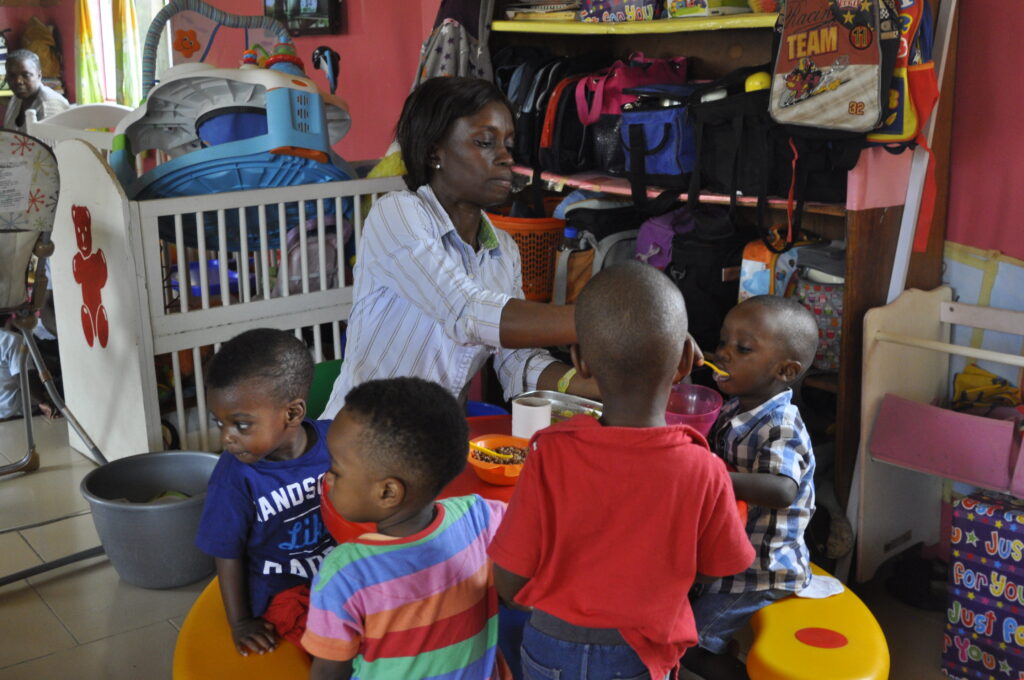
Preventing the Spread of Infectious Diseases in Childcare
To effectively prevent the spread of infectious diseases in daycares in Denver, it is essential to implement comprehensive infection control measures. This blog post explores key strategies that daycare providers can adopt to safeguard the health of children and staff.
Understanding the Risks
Daycare environments are particularly susceptible to the spread of infectious diseases due to several factors:
Close Contact
Children often play closely together, facilitating the transmission of germs.
Limited Immunity
Young children have underdeveloped immune systems, making them more vulnerable to infections.
Asymptomatic Carriers
Infected individuals can spread diseases before showing symptoms, complicating prevention efforts.
Key Strategies for Infection Prevention
Hand Hygiene
Importance: Hand hygiene is the most crucial measure in preventing the spread of infections.
Methods:
Hand Washing: Encourage regular hand washing with soap and water, especially after using the restroom, before meals, and after playing outside. Use liquid soap to reduce germ transmission and avoid bar soap in Daycare centers in denver.
Hand Sanitizers: When soap and water are unavailable, use alcohol-based hand sanitizers with at least 60% alcohol content.
Cleaning and Disinfection
Routine Cleaning: Establish a daily cleaning schedule for toys, surfaces, and frequently touched areas. Use appropriate disinfectants that are effective against common pathogens found in daycares.
Sanitizing Toys: Regularly sanitize toys, especially those that are mouthed by children. Consider using disposable or easily washable toys to minimize contamination risks.
Illness Policies
Sick Child Policy: Develop and communicate a clear policy regarding sick children. Ensure parents understand that children showing symptoms of illness should stay home. This policy should include guidelines on when children can return to daycare after illness.
Health Checks: Conduct daily health checks upon arrival to identify any signs of illness early. This proactive approach helps prevent sick children from entering the daycare environment.
Education and Training
Staff Training: Provide regular training for staff on infection control practices, including proper hand hygiene, cleaning protocols, and recognizing symptoms of infectious diseases.
Parent Education: Educate parents about the importance of keeping sick children at home and promoting hygiene practices at home. Consider distributing informational materials on preventing the spread of infections.
Vaccination and Health Surveillance
Vaccination: Encourage vaccinations for both staff and children, particularly for preventable diseases like influenza and hepatitis A. This can significantly reduce the incidence of outbreaks in best daycares in USA.
Surveillance: Designate a staff member responsible for monitoring and reporting illnesses within the daycare. This individual should maintain records of illnesses and coordinate with local health authorities when outbreaks occur.
Read: Understand the Role of Daycares in Holistic Child Development
Conclusion
Preventing the spread of infectious diseases in daycares requires a multifaceted approach that includes rigorous hygiene practices, effective cleaning protocols, clear policies, and ongoing education. By prioritizing these strategies, daycare providers can create a safer environment for children, staff, and families, ultimately reducing the risk of illness and promoting overall health in the community.




